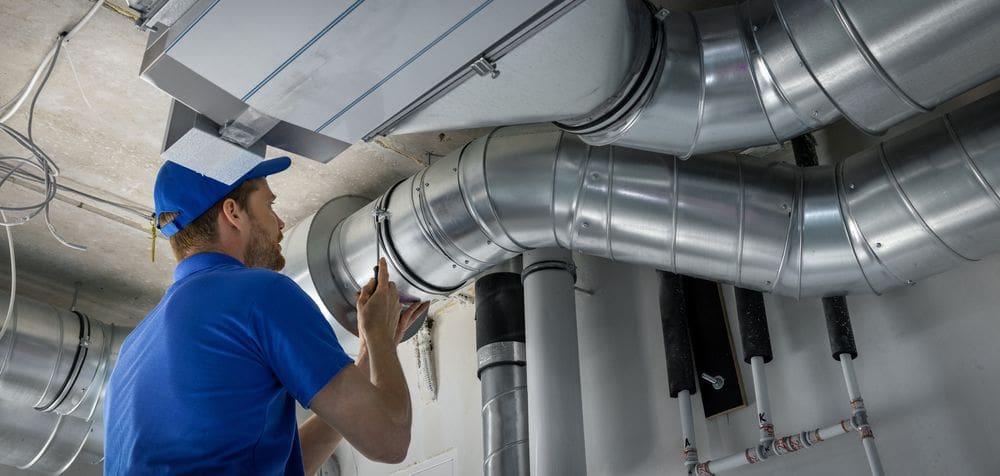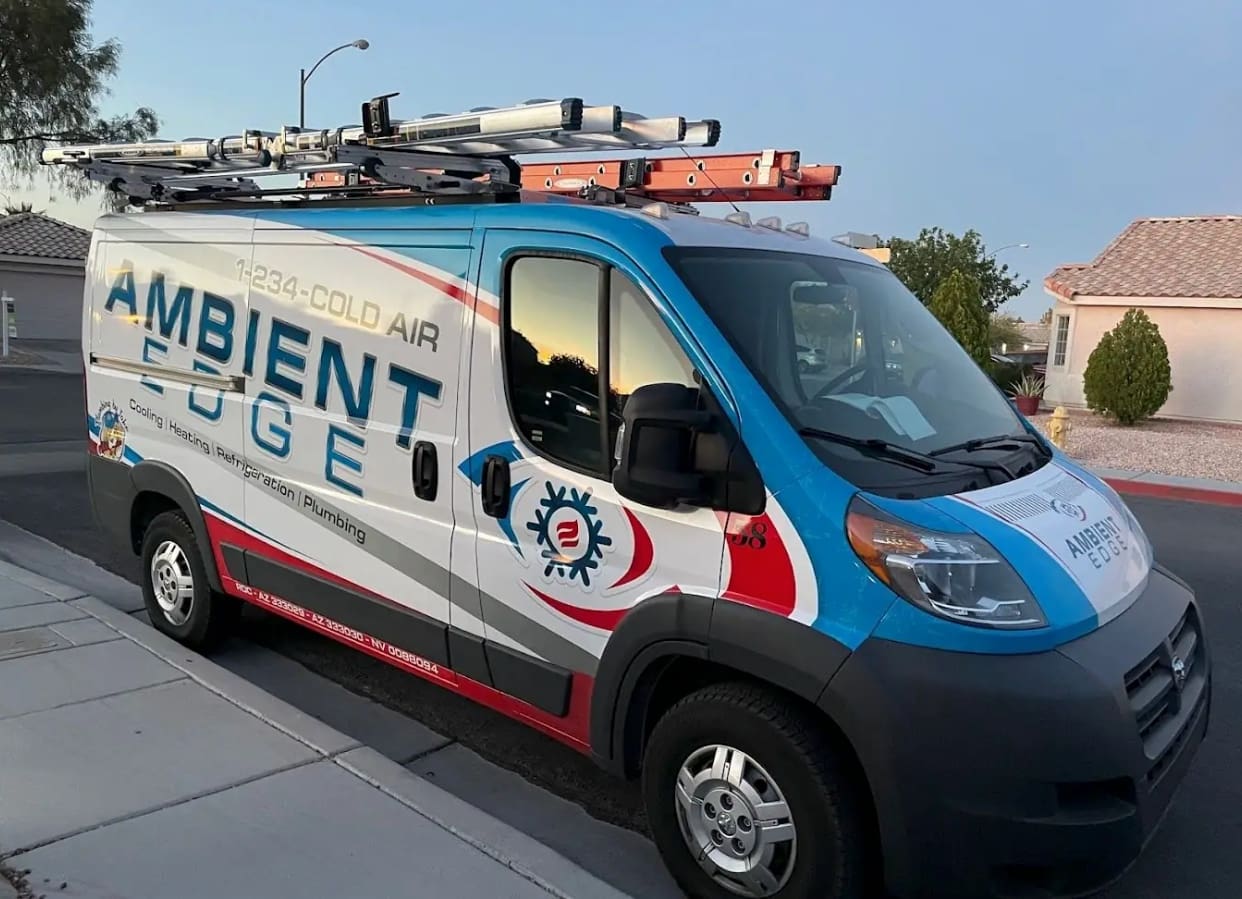Warranty Term
The phrase “warranty term” refers to the period during which your warranty is active. When you buy your air conditioning or heating system from one of the more reputable companies out there, you should be able to enjoy a warranty term for up to 20 years. Some companies offer even longer warranty terms.
One thing to remember, though, is that just because you have a warranty, this does not mean you are in the clear on everything. Some warranties, even the lifetime ones, only cover parts and not the labor itself. And sometimes labor can be more expensive than the replacement part, so this is important.
Ways You Can Void Your Warranty
No one wants to void the warranty on their furnace, boiler, or air conditioner. It is, therefore, important to know how you could possibly void a warranty so that you steer clear of those actions.
For instance, you should check to see whether your warranty covers the replacement part before the service technician installs it. Go with a part that the warranty does not cover, and you have just unintentionally voided your warranty.
Keep records of all your repairs, including service receipts. If you cannot show proof that you have been taking proper care of your HVAC system, this can also void your warranty.
And speaking of service receipts, make sure you sign up for routine preventive maintenance! Sometimes you can void a warranty by not having your HVAC unit routinely tended to. And to be perfectly honest, preventive maintenance just makes sense, both financially and for the life of your unit. The better you keep it maintained, the more efficiently it will work, and the longer it will last.

Limited Warranties
Some manufacturers offer limited warranties. Limited warranties typically last up to 10 years, depending on the manufacturer. If you file a limited warranty too late, however, the warranty may change to a five-year warranty that covers only parts, not labor. You do not want to drag your feet on registering your unit.
If you find that you need to replace a part three years before your warranty is due to expire, the warranty should cover that part for the duration of the warranty. For example, if you have a 10-year limited warranty, that warranty should cover your new part for its final two years. It’s not a lot of protection, but it is something. Usually, manufacturers will either cover the rest of the warranty period or a full year, whichever is longer.


